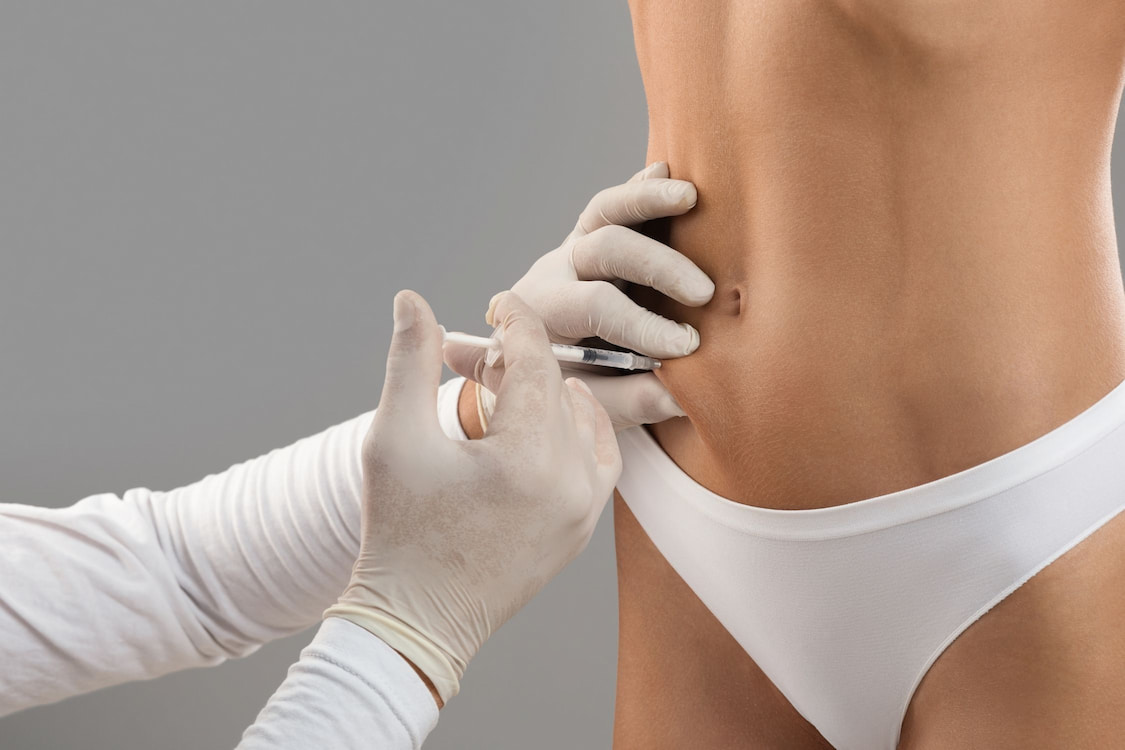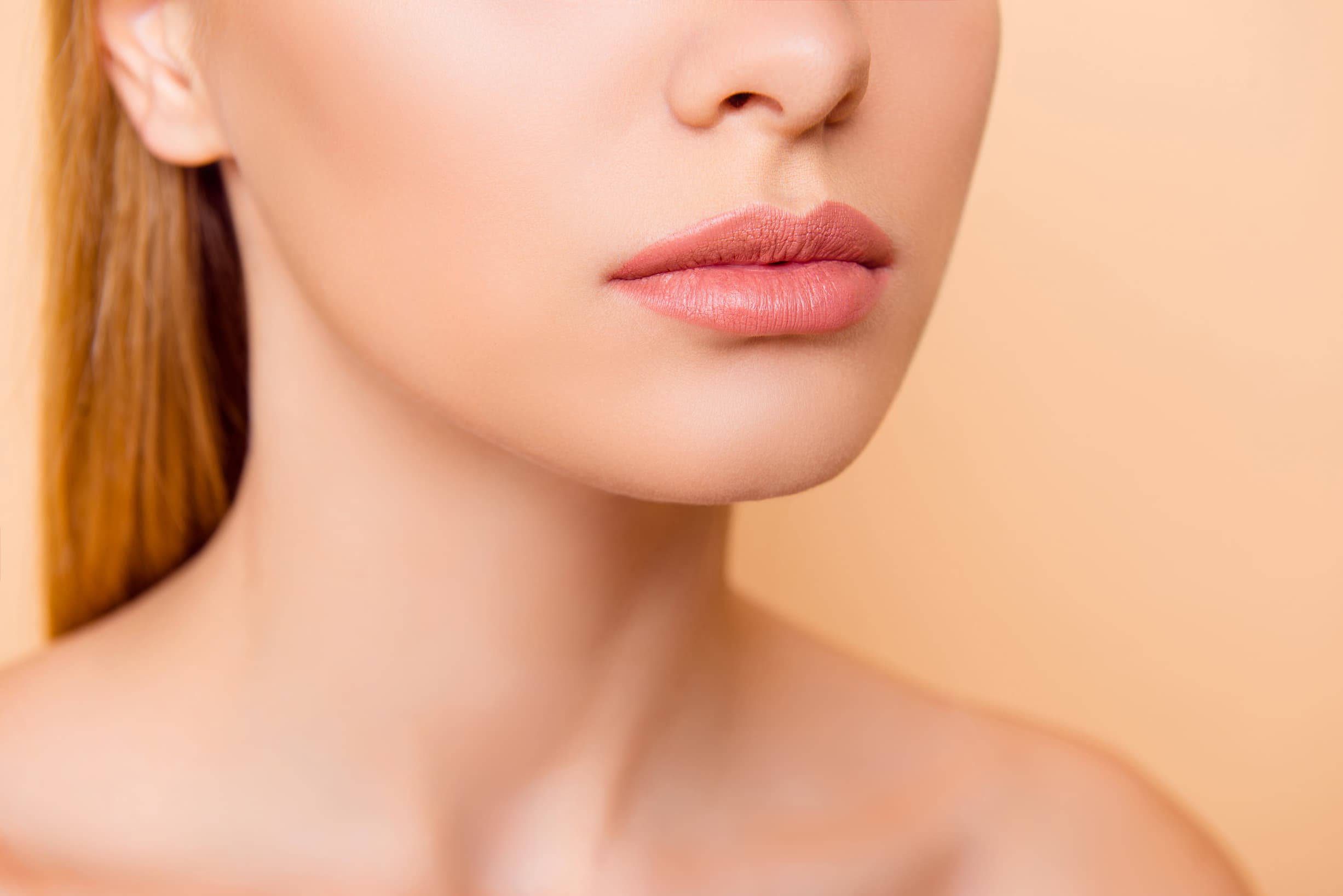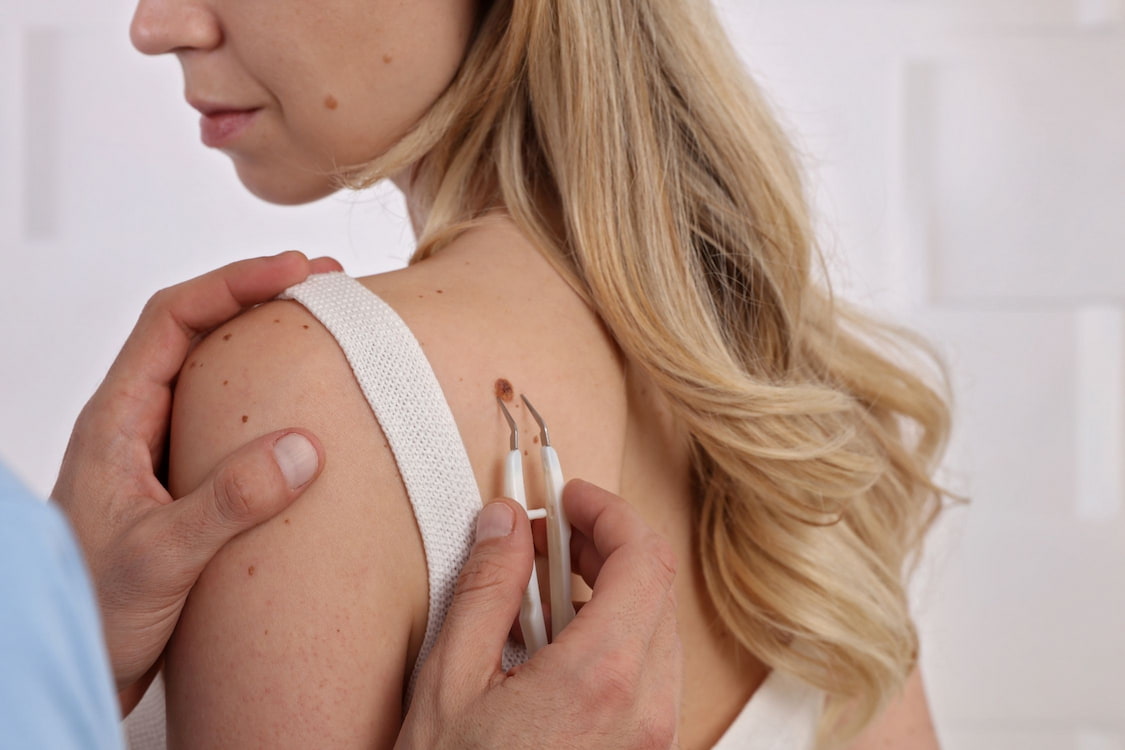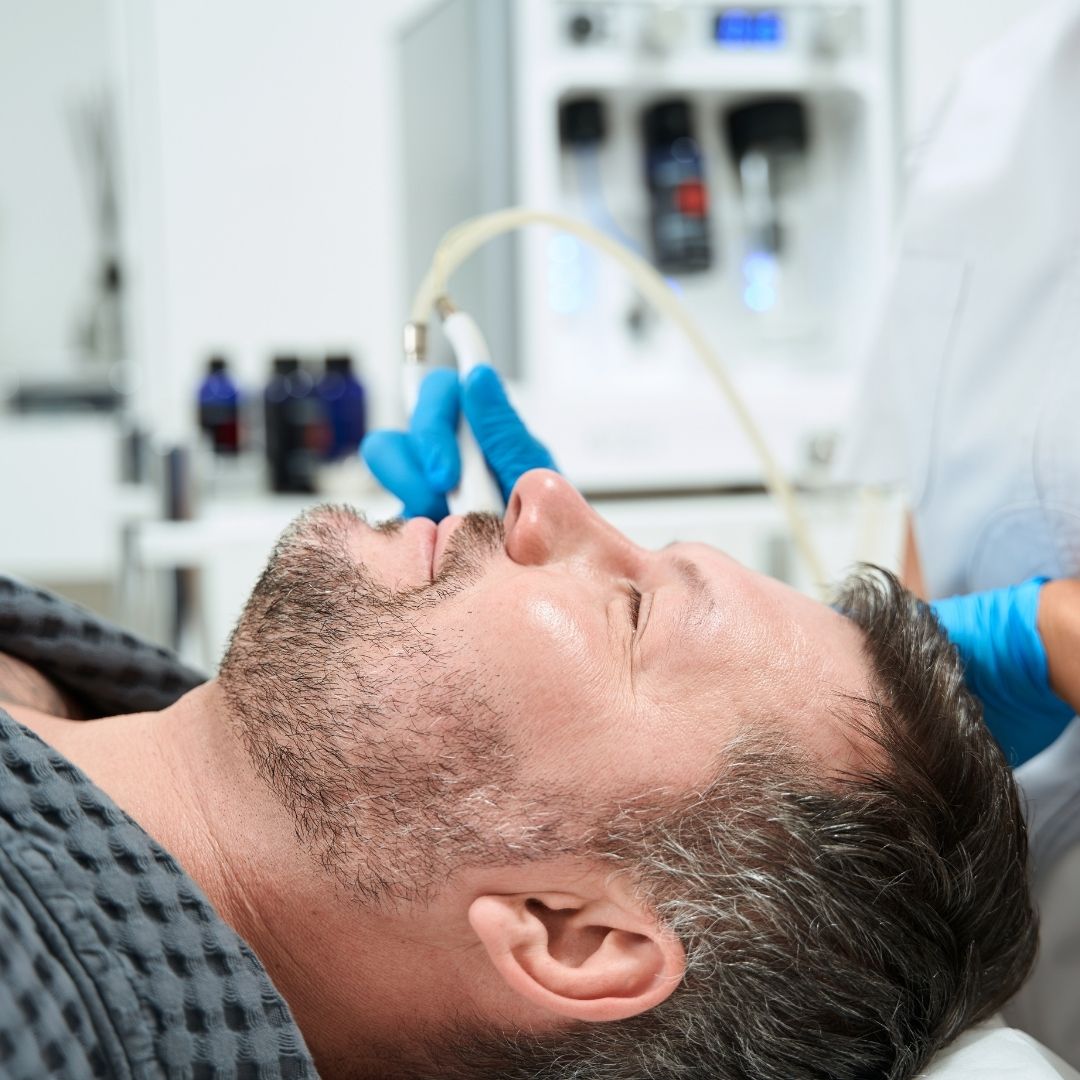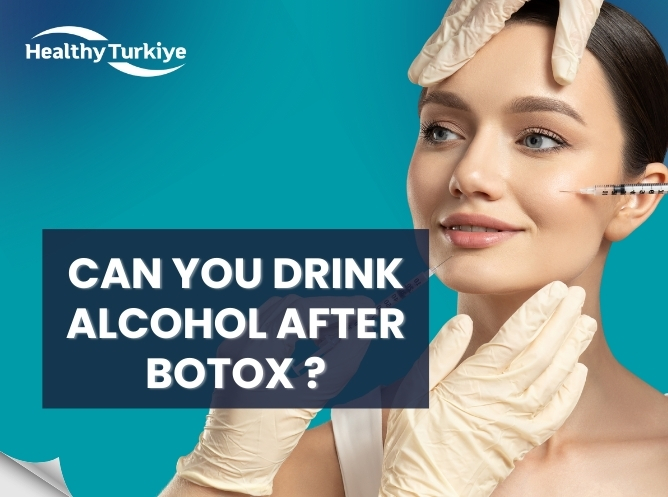
Can You Drink Alcohol After Botox ?
Botox injections are a popular cosmetic treatment that is used to reduce the appearance of fine lines and wrinkles on the face. The treatment involves injecting a small amount of botulinum toxin into the muscles that are responsible for creating wrinkles. Botox is a safe and effective treatment when administered by a qualified medical professional, but there are some precautions that patients need to take after the treatment.
One of the questions that many patients have is whether they can drink alcohol after Botox injections. In this article, we will answer this question and provide you with all the information you need to know about drinking alcohol after Botox.
Can I Drink Alcohol After Botox?
The short answer to this question is that it is generally safe to drink alcohol after Botox injections. However, there are some precautions that you should take to ensure that you get the best possible results from your treatment.
One of the main concerns that patients have is whether alcohol will cause bruising after Botox. Bruising is a common side effect of botox injections, and it can be exacerbated by certain activities, such as drinking alcohol. However, there is no direct evidence that alcohol causes bruising after Botox. In fact, many patients have reported that they have had a glass of wine or a cocktail after their Botox treatment without experiencing any adverse effects.
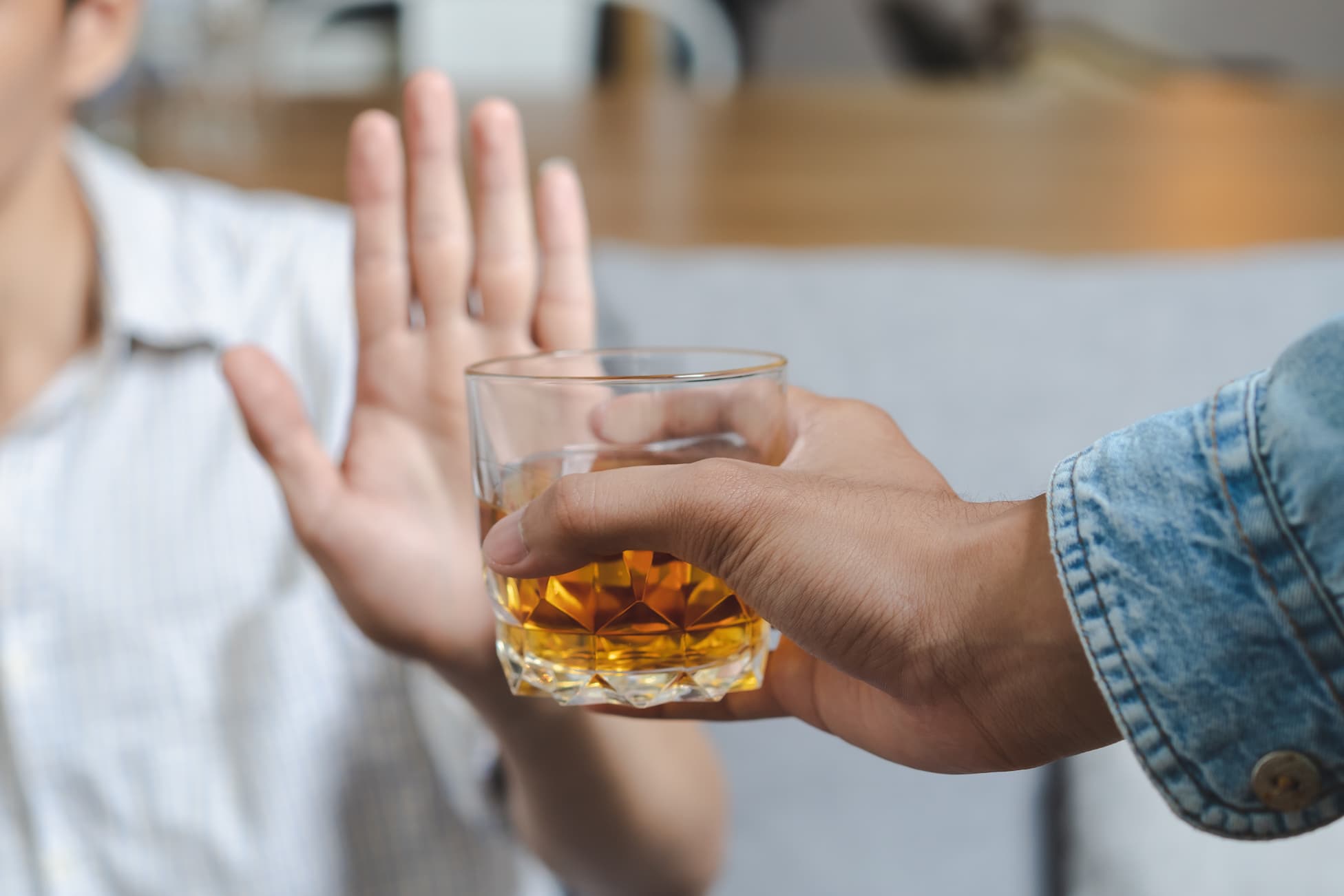
Does Alcohol Cause Bruising After Botox?
While there is no direct evidence that alcohol causes bruising after Botox, there are some reasons to believe that it could exacerbate the problem. Alcohol is a blood thinner, which means that it can increase the risk of bruising and bleeding. This is because alcohol can interfere with the normal clotting process in the body, which can make it more difficult for the body to stop bleeding. If you are prone to bruising after Botox injections, it may be best to avoid alcohol for a few days after your treatment.
Can I Have One Glass of Wine After Botox?
If you are someone who enjoys a glass of wine with dinner or a cocktail with friends, you may be wondering if it is safe to have a drink after your Botox treatment. The good news is that having one glass of wine or one cocktail is generally safe after Botox injections.
However, it is important to remember that alcohol can cause dehydration, which can exacerbate some of the side effects of Botox. Dehydration can cause headaches, dizziness, and nausea, which can be uncomfortable after a Botox treatment. If you do choose to have a drink after your treatment, be sure to drink plenty of water to stay hydrated.
What Happens If I Drink Alcohol After Botox?
If you drink alcohol after Botox injections, it can increase your risk of bruising and bleeding. Alcohol is a blood thinner, which means it can make your blood vessels more susceptible to damage and bleeding. This can lead to more significant bruising, which can be uncomfortable and unsightly.
In addition to increasing the risk of bruising and bleeding, drinking alcohol after Botox injections can also impact the effectiveness of the treatment. Alcohol can cause your blood vessels to dilate, which can make it more difficult for Botox to stay in the targeted area. This can cause the treatment to be less effective and require more frequent touch-up sessions.
Excessive alcohol consumption can also cause dehydration, which can negatively impact the overall health of your skin. Dehydration can cause your skin to become dry and dull, which can make wrinkles and fine lines more noticeable. This can negate the benefits of the Botox treatment and make it less effective.
Overall, it is best to avoid drinking alcohol for at least 24-48 hours after Botox injections to ensure that you get the best possible results. If you do choose to drink alcohol, it is important to drink in moderation and avoid excessive alcohol consumption to minimize the risk of bruising and bleeding. It is also important to follow your doctor’s instructions and recommendations to ensure that you have a safe and successful Botox treatment.
How Long to Avoid Alcohol After Botox?
If you do choose to drink alcohol after your Botox treatment, it is best to wait at least 24 hours before having a drink. This will give the Botox enough time to settle into the muscles and reduce the risk of bruising. After 24 hours, it is generally safe to have one drink, but it is important to remember that excessive alcohol consumption can have a negative impact on your Botox results. If you want to get the best possible results from your treatment, it is best to avoid alcohol for at least 48-72 hours after your treatment.
It is also important to remember that alcohol is not the only substance that can interfere with Botox results. Other substances, such as blood thinners, aspirin, and vitamin E supplements, can also increase the risk of bruising and bleeding after Botox injections. If you are taking any medications or supplements, it is important to let your doctor know before your treatment.
In addition to avoiding alcohol and other substances that can interfere with Botox results, there are some other steps that you can take to ensure that you get the best possible results from your treatment. For example, you should avoid strenuous exercise, saunas, and steam rooms for at least 24 hours after your treatment. You should also avoid touching or rubbing the treated area, as this can cause the Botox to spread to other areas of the face and reduce the effectiveness of the treatment.
The Study of Alcohol After Botox
Research published in the Journal of Dermatology and Cosmetic Procedures in 2020 conducted a study involving patients who had received Botox injections and examined the effects of alcohol consumption on post-treatment outcomes. The study found that while one drink or moderate alcohol consumption did not lead to significant adverse effects, excessive alcohol consumption was associated with an increased risk of bruising and less effective Botox results. Patients who refrained from alcohol for at least 24-48 hours post-treatment tended to experience better results.
Can I Drink Alcohol Before Botox?
It is generally recommended to avoid alcohol before Botox injections, as alcohol consumption, can increase the risk of bruising and bleeding during the treatment. Alcohol is a blood thinner, which means that it can make your blood vessels more susceptible to damage and bleeding. This can cause more significant bruising during the Botox injection process.
In addition to increasing the risk of bruising and bleeding, alcohol consumption before Botox injections can also impact the overall effectiveness of the treatment. Alcohol can cause your blood vessels to dilate, which can make it more difficult for the Botox to stay in the targeted area. This can cause the treatment to be less effective and require more frequent touch-up sessions.
To minimize the risk of bruising and bleeding, it is generally recommended to avoid alcohol for at least 24-48 hours before Botox injections. It is also important to avoid other substances that can increase the risk of bruising and bleeding, such as blood thinners, aspirin, and vitamin E supplements.
Alcohol After Botox
In conclusion, drinking alcohol after Botox injections is generally safe, but it is important to take some precautions to ensure that you get the best possible results from your treatment. While there is no direct evidence that alcohol causes bruising after Botox, it is important to remember that alcohol is a blood thinner and can increase the risk of bruising and bleeding.
If you are prone to bruising after Botox injections, it may be best to avoid alcohol for a few days after your treatment. If you do choose to drink alcohol after your treatment, it is best to wait at least 24 hours and avoid excessive alcohol consumption to ensure that you get the best possible results. As always, it is important to follow your doctor’s instructions and recommendations to ensure that you have a safe and successful Botox treatment.
